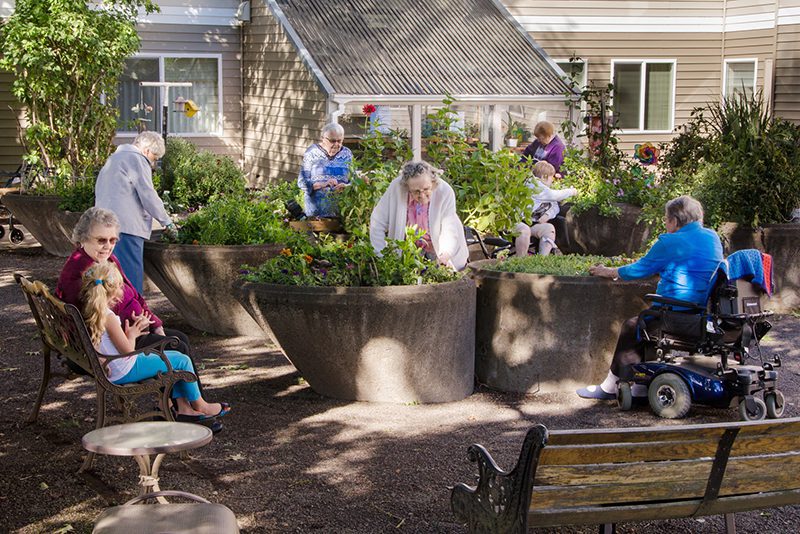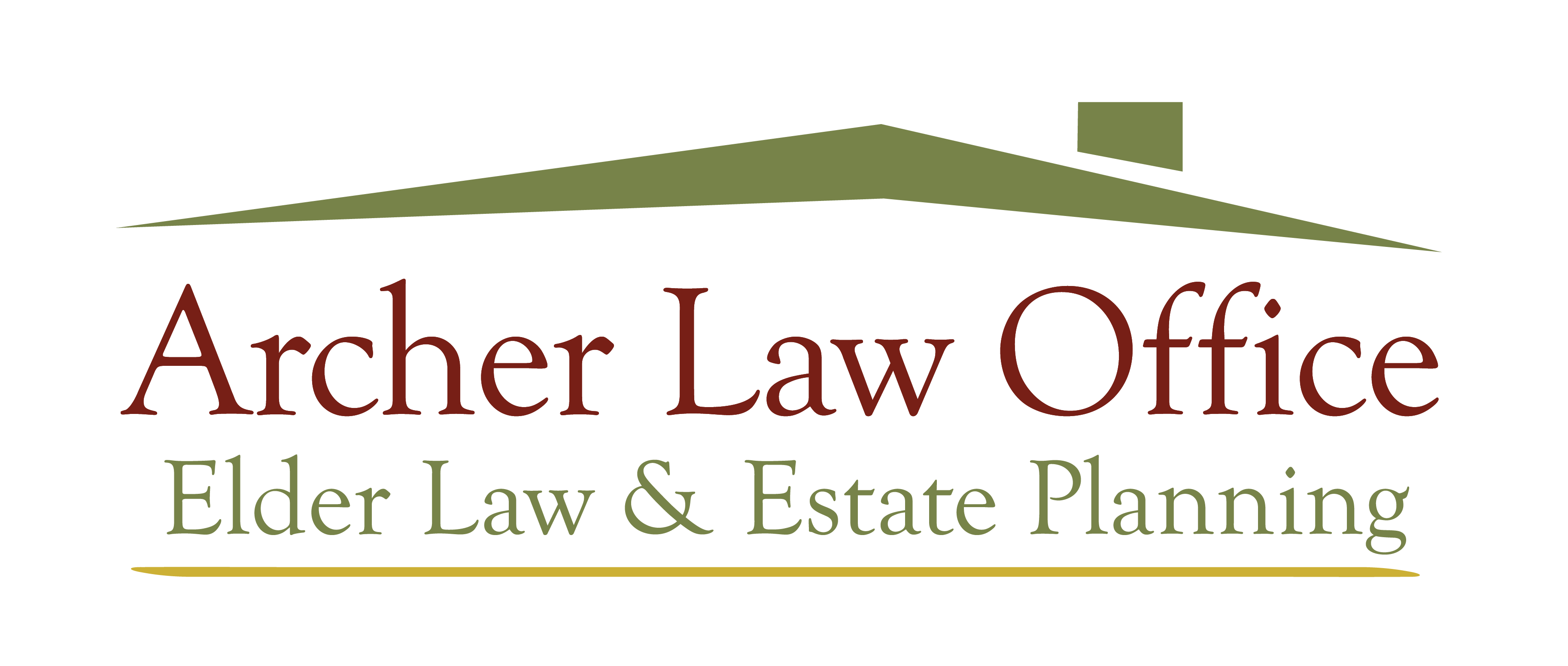
So perhaps your loved one needs care and assistance. The goal when figuring out care options is to choose the least restrictive environment for your loved one that we possibly can. However, perhaps in your case care in the home (either by yourself or using an agency or other caregiver) is not an option. Where will your loved one live if in-home care isn’t a fit? Before making this decision or even taking a tour of the options, it makes sense first to understand the differences between two major categories that cover most (even if not all) non-home care placements in New Jersey. Those two settings are assisted living facilities and skilled nursing facilities (which we may also call “nursing homes”).
Assisted Living Facilities (ALF)
I have often heard assisted living buildings characterized as “land-locked cruise ships.” They provide comprehensive living arrangements for people with a variety of care needs. ALF residents generally maintain their independence overall and do not require constant medical care. The buildings have recreation and activities departments to keep the residents engaged and active. The buildings also provide personal care services for residents that need them; for example, residents may request assistance with grooming and dressing. If there is no need for those services the resident is encouraged to handle them independently. It is a New Jersey state regulation that ALFs must keep a registered nurse on staff or on call. Often, assisted living facilities have specialized areas devoted to people with severe cognitive issues, such as dementia.
Read Does Medicaid Cover Assisted Living in New Jersey?
The majority of ALFs offer apartment-like units with their own bathrooms, kitchenette, and lockable entrance. The units can have 1-2 residents each. In New Jersey, buildings previously used as another type of facility, such as a boarding home, can also be converted into assisted living facilities. These often have shared occupancy units. AL services can also be offered outside of a traditional facility setting, such as within subsidized housing.
The cost of AL can vary based on living space and services. People are often surprised to learn that specialized intensive assisted living services can be just as expensive as nursing home rates. Assisted living facilities accept private pay and Medicaid, although Medicaid services in an assisted living present their own problems. We always suggest that a family looking to place someone in an assisted living facility contact an elder law attorney before signing any paperwork or leaving a deposit.
Skilled Nursing Facilities (SNF)
SNFs are for patients who are not in need of acute care of the sort that is provided in hospitals, but still need ongoing medical care and supervision. These buildings typically have a wing devoted to short-term sub-acute rehabilitation, from which residents often are either discharged home or transferred to a long-term care bed elsewhere. Nursing homes are required to staff professional medical personnel including 24-hour skilled nurses and a variety of nursing aides. Some SNFs are prepared to help with specific care needs, such as ventilators, that others are not designed to handle. While SNFs typically also have activities and recreation, the limitations of their residents often limit what the buildings can provide.
SNFs typically offer rooms that look much like hospital rooms with hospital beds, and residents typically share a room with one or more other people. The buildings are typically either built specifically as nursing homes or they were hospitals at some point in the past. The cost of skilled nursing care in New Jersey typically exceeds $10,000 per month, and with ancillary charges it can reach as much as $12,000 per month. If qualified financially and medically, patients in New Jersey and Pennsylvania may pay for SNF with Medicaid or Medicare with restrictions. This process is no less complicated than applying for Medicaid in an assisted living setting, but it is more heavily regulated. Some people try to navigate this process with the help of the nursing home's business office, but remember that any mistakes a resident's family makes will be their fault and not that of the facility.
Overall, the differences between Assisted Living and Skilled Nursing Facilities come down to your loved one’s independence and medical needs which dictate the level of skilled care necessary. It is important to maintain a less restrictive environment if at all possible, so that your loved maximizes their quality of life and their social interactions with others.
Archer Law Office Can Help
For More Information Contact this office (609) 842-9200

My name is Louise Clark My mother is getting to a point where she can’t take care of herself. Thanks for the advice about how you can assess your relative’s medical situation by consulting a geriatric-care manager. Hopefully, we can find out what would be best for my mother. In the meantime, I’ll have to see about possible finding an adult daycare center.
Thanks for sharing great post!